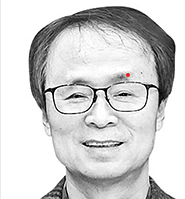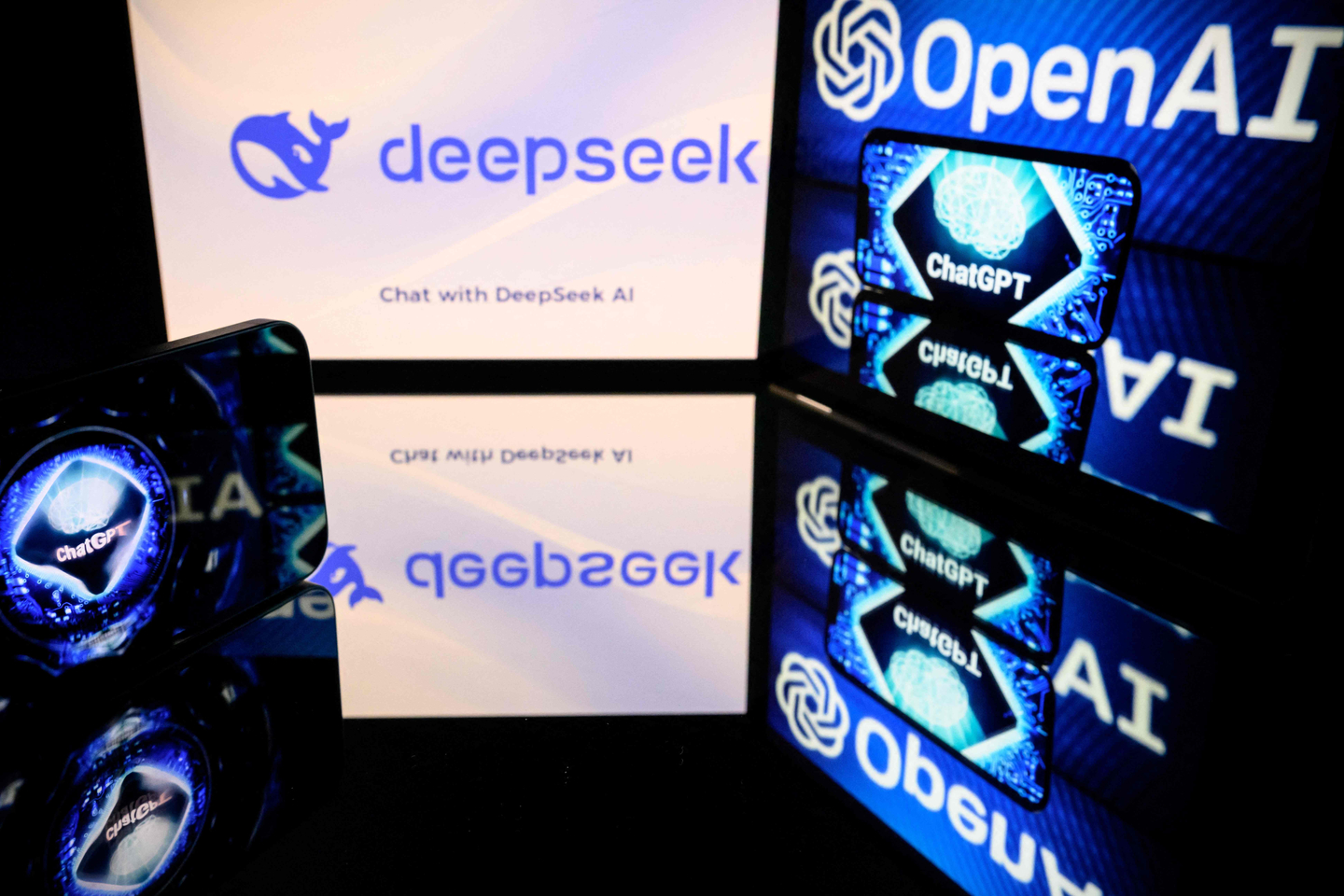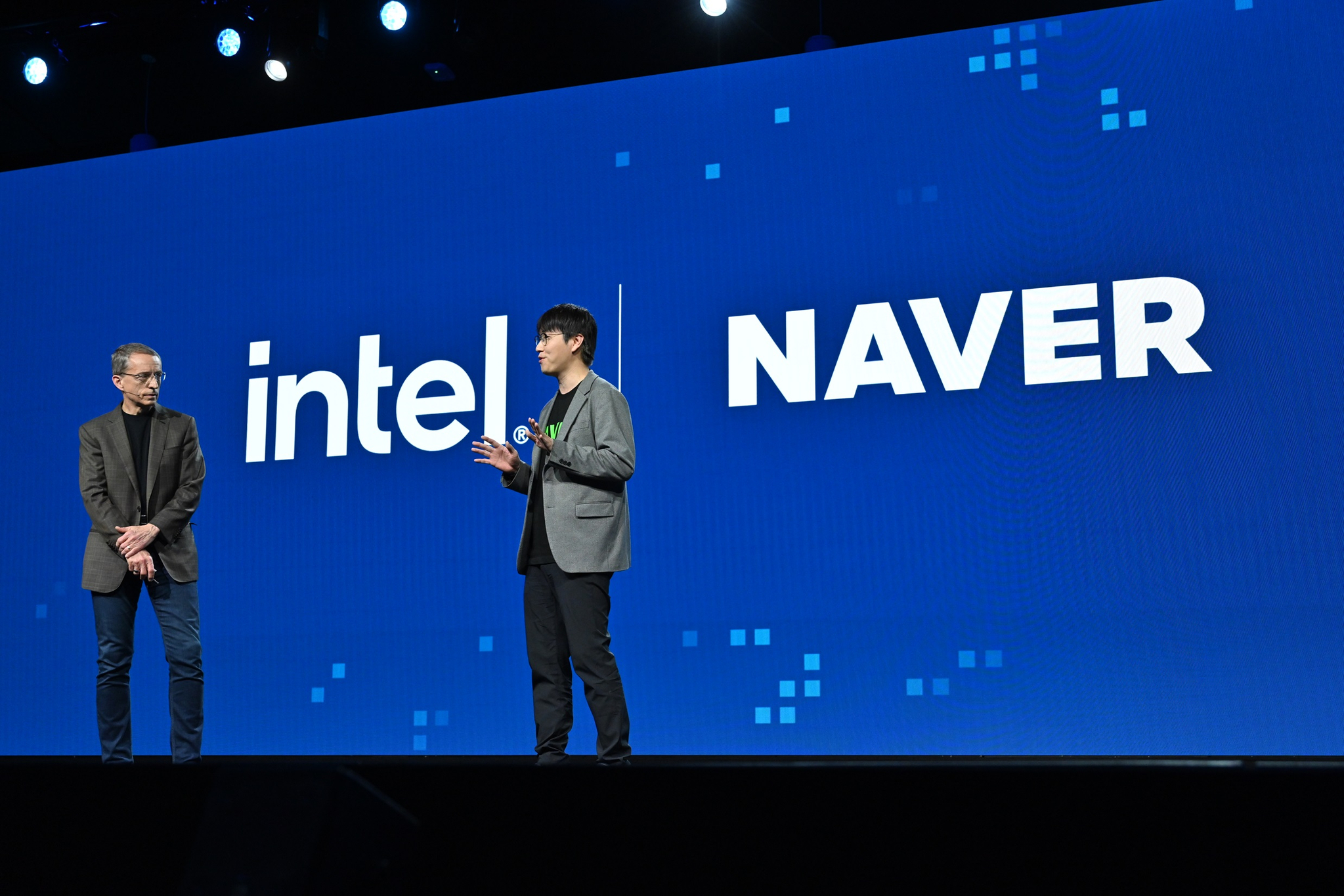- 글번호
- 113292
146. [영자신문] Korea’s talent gap in the AI race
- 수정일
- 2025.09.18
- 작성자
- 반도체특성화대학사업단
- 조회수
- 37
- 등록일
- 2025.09.18
 Kim Yong-seok, The author is a endowed professor for College of Semiconductor, Gachon University.
Kim Yong-seok, The author is a endowed professor for College of Semiconductor, Gachon University.
As Korea has been swept up in a frenzy over medical school admissions, China has quietly advanced to compete with the United States in cutting-edge technology. Its achievements in autonomous vehicles and humanoid robots are notable. A striking example is the rise of DeepSeek. This homegrown artificial intelligence startup demonstrates that China’s AI sector is no longer content with imitation, but is instead moving toward genuine innovation.
What deserves attention is not only the company itself but also its founders. DeepSeek was created by Liang Wenfeng, a young entrepreneur trained at China’s top universities. Graduates from Peking University and Zhejiang University were among those who developed a world-class AI model. While Korean parents were preoccupied with sending their children to medical schools — what some call the “Sky Castle” effect — Chinese parents emphasized sending theirs to elite science and engineering programs.

The question is whether Korea can redirect its educational fervor toward science and engineering. Three steps stand out. First, the country must restore respect for scientists and engineers. The media can play a vital role. In the late 1990s, the television drama “KAIST,” which portrayed students and faculty at the Korea Advanced Institute of Science and Technology, inspired many young viewers to pursue careers in science. Similar cultural efforts today could raise the profile of engineering and research.
Role models also matter. Scientists and engineers in leadership positions should engage with younger audiences, sharing both the challenges and rewards of their careers. Lectures and outreach programs can demystify technical fields and show that science is not only essential but also exciting.
Second, Korea must invest more heavily in nurturing gifted students. The problem is not only the medical school craze but also the broader demographic decline. With fewer students overall, the emphasis must be on quality rather than quantity. Gifted education can make a difference.
At Gachon University, semiconductor classes are offered to students in elementary and middle school through its center for gifted education. Children build cars, robots and cranes with Lego blocks, learning how semiconductors work. They are introduced to the eight basic semiconductor processes through play. Lessons also cover digital concepts by studying the beacon towers of the Joseon Dynasty (1392-1910). Recently, a group visited an SK hynix semiconductor fabrication plant, and their enthusiasm underscored the value of such experiences. Expanding similar programs across the country, including AI-focused curricula, would not only provide early exposure but also encourage students to choose engineering when the time comes to enter university.
Third, Korea must improve the social and financial recognition of scientists and engineers. Major corporations should lead by example. Top engineers should be able to work without mandatory retirement and, in some cases, even earn more than company executives. Young researchers should be given the freedom to take risks, fail and try again. Only by fostering a culture of confidence can Korea expect its engineers to compete globally on an equal footing.
There was a time when science and engineering were popular choices. In the 1980s, physics, electrical engineering and mechanical engineering departments were among the most competitive. The progress of the Korean economy owed much to those who chose engineering and helped the nation prepare for the digital transformation of that era.

Korea once faced skepticism from Japanese companies that mocked its lagging analog television technology. They predicted Korea would never catch up. Yet it was Korean firms that pioneered digital television and surpassed Japanese competitors. Korea also led the shift to digital in semiconductors and mobile communications. These achievements would have been impossible without strong cohorts of engineering talent, supported by policies such as military service exemptions for skilled researchers.
Now the challenge is even greater. The world is entering not just another digital transition but an AI revolution. To become one of the three leading powers in artificial intelligence, Korea must again mobilize its brightest minds. The history of success in digital technology can be repeated, but only if today’s students and policymakers act decisively.
The window of opportunity is closing fast. In the AI era, the global talent competition will decide who leads and who follows. Korea must invest now in cultivating the scientists and engineers who will shape its future.
※ This article was originally written in Korean and translated by a bilingual reporter with the help of generative AI tools. It was then edited by a native English-speaking editor. All AI-assisted translations are reviewed and refined by our newsroom.
기사일자: 18 Sep. 2025, 00:04
기사출처: Korea JoongAng Daily
기사링크: Korea’s talent gap in the AI race / https://koreajoongangdaily.joins.com/news/2025-09-18/opinion/columns/Koreas-talent-gap-in-the-AI-race/2401370




